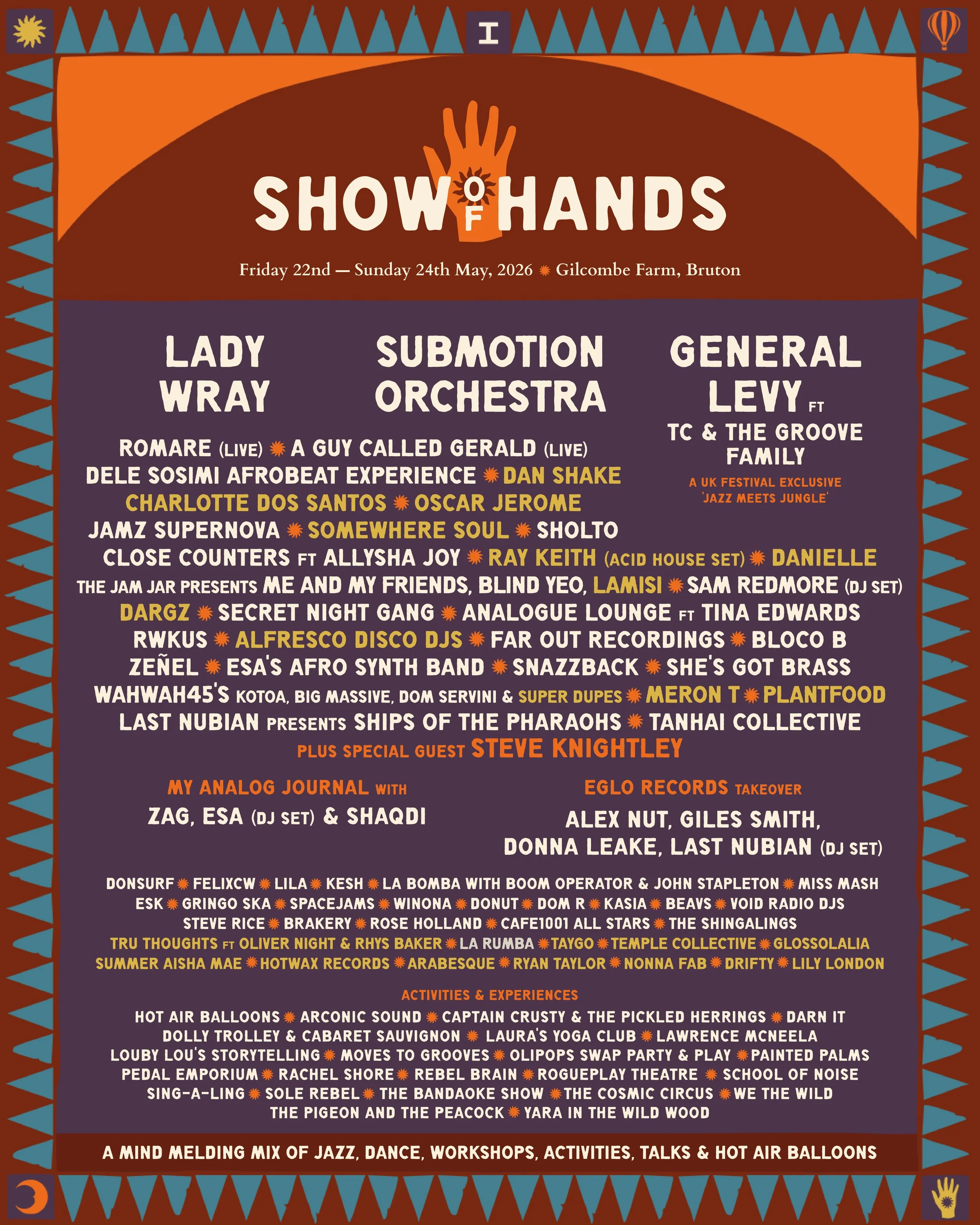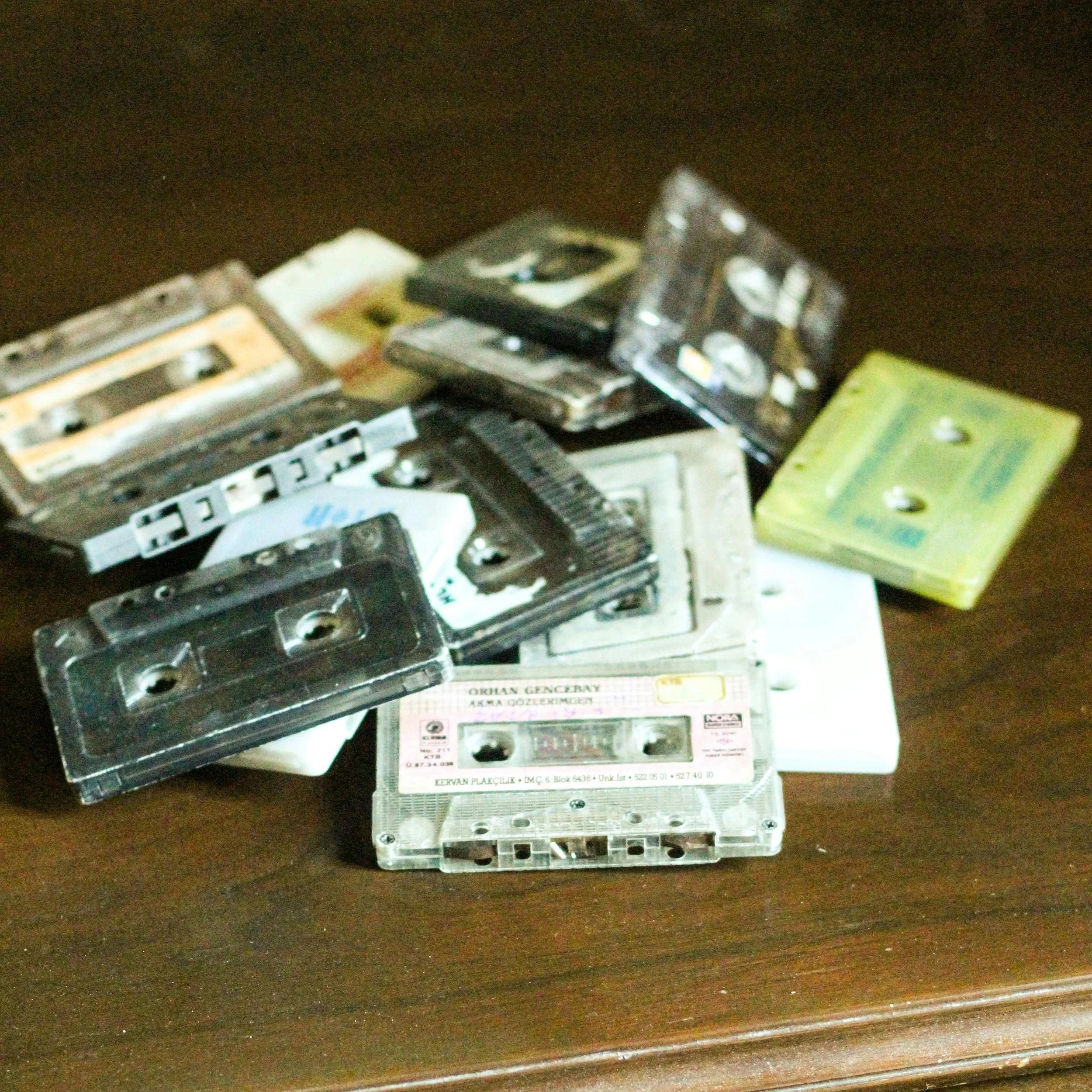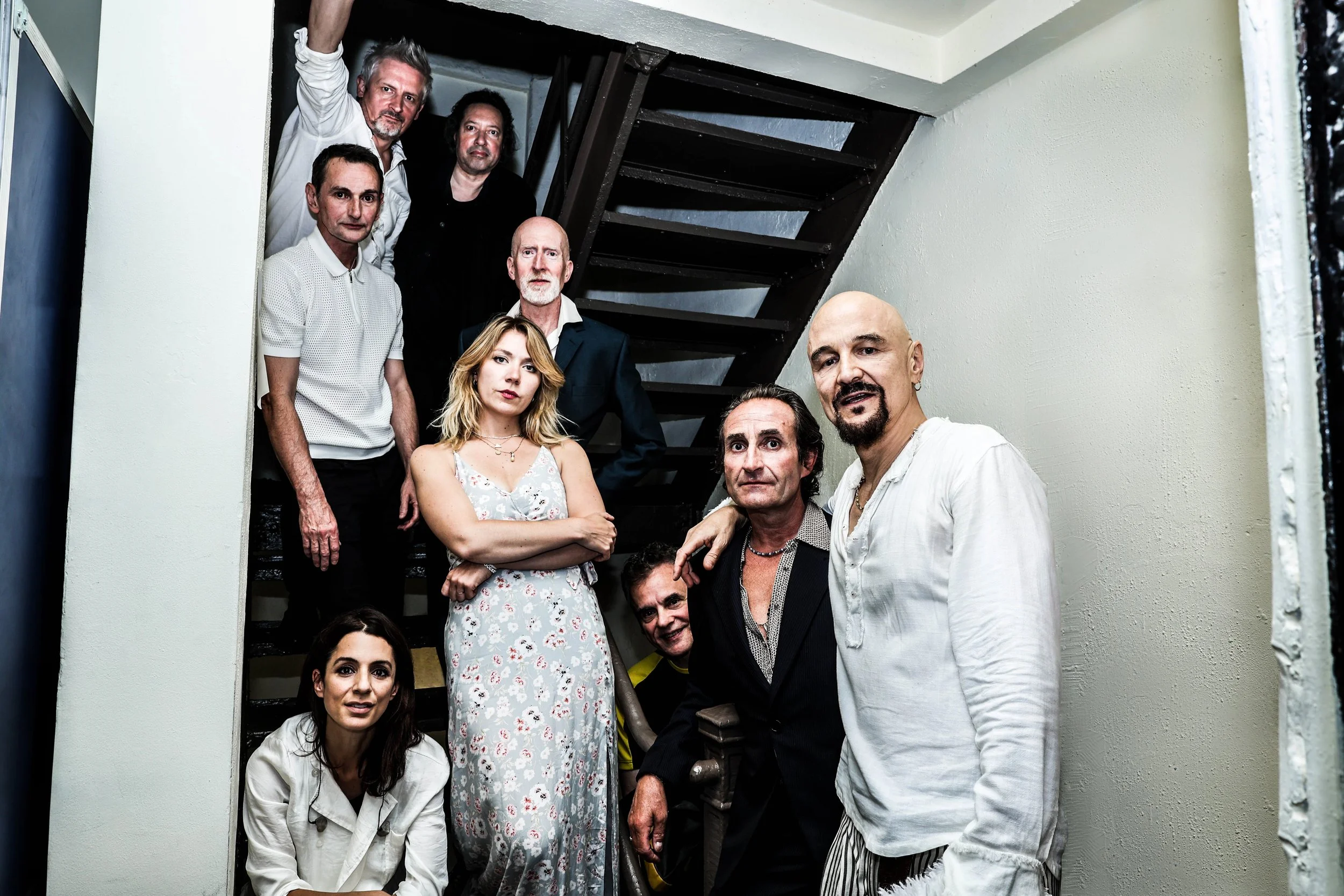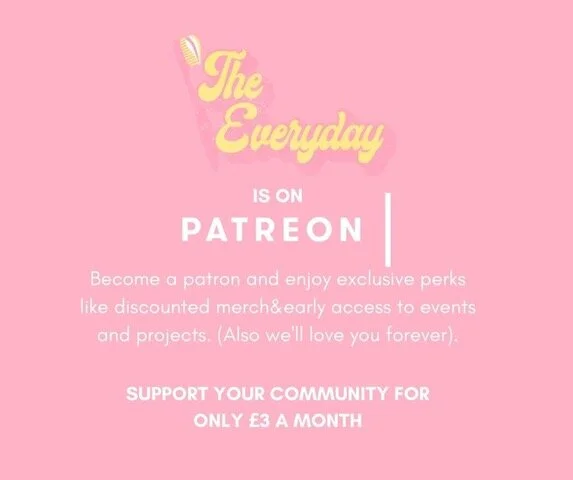Talking to: Bristol Pride
© Dan Regan
The time has come around again to show you are proud of and party with the LGBT+ community. Bristol Pride festival has been going strong since 2009, and Pride 2021, even in the face of the ongoing pandemic, is looking as diverse, colourful and exciting as ever. After facing the heartbreak and challenges of moving entirely online for 2020, this year Pride’s organisers were hoping to take us fully back out on the streets loud and proud for July 2021.
In light of the government’s pushing back of the lifting of the country’s coronavirus restrictions and Bristol’s rising coronavirus cases, especially amongst younger people, 2021 is another year where Pride is looking different from before. The Pride March, Pride Day gathering in Castle Park, the dog show and legendary Pride after-party may be unable to go ahead as planned, but there are still loads of opportunities to show how proud you are to be a part of the LBGTQIA+ community in Bristol and enjoy all the festival has to offer.
In the meantime, settle back and read our recent interview with Eve Russell, Bristol Pride Director, where she talks to us about what makes Pride important, how they have risen to recent challenges with flair and creativity and what they are doing to create a truly inclusive, diverse community, both in Bristol and beyond.
Mel C and Sink the Pink perform at The Downs at Bristol Pride 2019.
Firstly, tell us a little bit about Bristol Pride’s history.
Our iteration of Bristol Pride has been going since 2009 (so 2019 was our 10th year). Like all Prides we stand against discrimination and violence towards the lesbian, gay, bisexual, and transgender (LGBT+) community.
We’re a registered charity and are run by members of the community. For us our Pride celebrations consist of two weeks of events taking place in venues across the city culminating in our Pride march and a music festival. We’ve had various homes in Bristol over the years for the music festival element; Castle Park, the Lloyds Amphitheatre and Waterfront Square. In 2019 we moved to The Downs and this will be our home for a while now I think.
Most people are very familiar with Pride events worldwide, but tell us a little about what Bristol Pride does in a wider context throughout the year.
We work all year round to challenge homophobia, biphobia, transphobia and promote equality and diversity for all, through various events, school visits, consultation services and lobbying.
We have a community fund that people can apply for. Most recently we’ve funded a collection of LGBT+ children's books for a local school, as well as LGBT Faces of Bristol, which is a portrait exhibition which will be shown at The Tobacco Factory in July & August.
Like many other events, the pandemic has had a massive impact on Pride. How was it not being able to have a physical event last year? How did it go moving the events online?
Jayde Adams is performing at the Pride comedy night at Lakota Gardens on 15th July.
Last year was really difficult, no one knew how long it would last, so we initially planned to postpone until September. It then became evident that September wasn’t going to happen so we decided to move online. We essentially replicated the festival and all of its programming online. We had eleven days of events; we had a well-being day, family day, theatre, comedy and poetry events, we even did a virtual dog show and a virtual parade with videos submitted from the public. We had a mammoth seven hour live stream Pride Day with historical performances and new performances from acts we had booked for the 2020 event.
What is happening this year and how is it looking different from pre-pandemic times?
This year we’re focusing on the community element and bringing people back together in a safe way. We’re doing two weeks of events in venues across the city and online. We have an amazing cabaret show on Friday 9th July, with Divina de Campo, Tia Kofi and some other Pride favourites, hosted by our very own Miss Beaver. We have some great theatre, brilliant comedy with Larry Dean, Sophie Duker, Jessica Fostekew and Jayde Adams. Our film festival Queer Vision is back, and there are some fantastic films at Watershed and our usual Iris Prize shorts.
Recent years have seen an increase in hate crime and negative press against the wider LGBTQ+ community - what does Pride Bristol do to help combat this, both locally and in a global context?
I think Pride can be a beacon of hope in these dark times, we create a safe space for people to come together and be their most authentic selves, whether that's online or in person at our events.
We also raise awareness of hate crime and support services that exist for the community and work with other groups in the city to raise our collective voices, but also to hold people to account and ask how they are tackling it. We ran a campaign a few years ago tracking where incidents have happened and what hate crime is, to educate people. We recently took over LGBT Bristol’s listings. You can now find these on our website; it’s a brilliant directory of support services and local community groups that people can lean on.
Because of the festival we work closely with the council and mayor, which helps to amplify the voice of the community.
Globally we raise awareness of issues in other countries and support Prides in countries facing oppression, with awareness, guidance and letters of support to their government and leaders. Daryn, the other Director, attended and spoke for Pride at the Bristol rally for Polish LGBT+ rights. I guess it's about using our voice to help elevate others that can't speak up or out, to educate and also point to direct action people can take.
Tell us about the Bristol Trans Pledge and why it is so important.
In the last year, trans people have come under increasing attack in the media, so much so that the International Lesbian & Gay Association has downgraded the UK in its annual Rainbow Europe rankings. Figures released in June 2019 showed that there has been a marked 81% increase in transphobic hate crime.
The Bristol Trans Pledge came as a direct response to that and our way of gathering voices to say that trans people have the right to be treated equally. It was the brainchild of Cheryl Morgan and other members of the community. We were asked if we could support in creating a pledge other organisations can sign up to, and the Trans Pledge was born.
It's about raising awareness of the attacks in the community and also getting organisations to commit to the pledges to ensure trans people are treated equally. But it is more so for members of the community to know that they are not forgotten and not left behind. It's also about building a network where we can reach out to ask for support on matters such as the consultation on the GRA (Gender Recognition Act) where both individuals and organisations were able to respond.
This year’s event is focused on bringing people together and community. Do you feel this is intrinsic to tackling negativity against the community? Is it important for LGBTQ+ events to be more central to mainstream society?
Yes absolutely, after a year in our houses it’s more important than ever for the community to be loud and proud.
The Pride festival is becoming a more family-orientated event. What are your feelings about that? I know there has also been talk recently that Pride has become watered down and not as alternative as it used to be.
I think we always try to program Pride in a really diverse way. Yes, the Pride Day has a family area and there are lots of things aimed at children and younger people to do, because they are a valid and important part of the community. But there are other events and other spaces for people who want something a bit different. We are never going to be everything to everyone but we try and make sure we have got places for people to go to that work for them.
It's really important, I think, to engage with young people at Pride. If we engage with them when they are young they are going to grow up surrounded by different Pride events and different people; people who look different or have different relationships. That's a really incredible role model for them and I think it is important that children see a varied community.
What can our readers do to support Pride and the LGBTQ+ community in general?
Support our events, donate and be an ally.
Whether cabaret, comedy, film, theatre, online gaming, bingo or something entirely different are your bag, check out the full line up of festival events going ahead during July here. You can support the festival by buying a supporter wristband or buy tickets here. Do you want to get involved with Bristol Pride and what they do longer term? Find out all the ways you can here.











